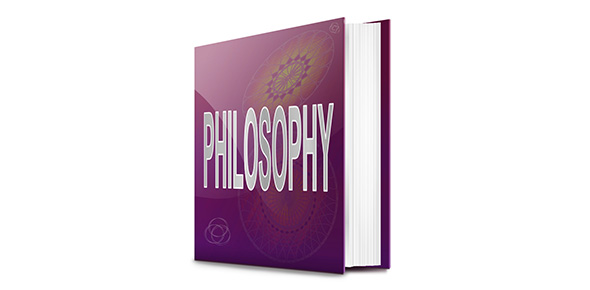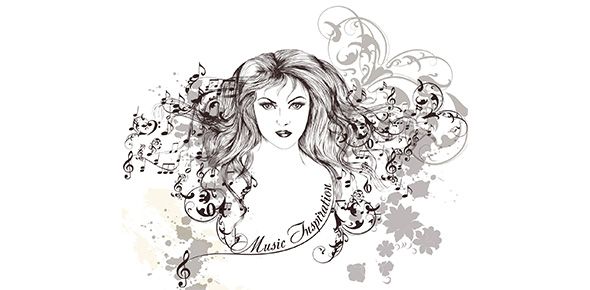Related Flashcards
Related Topics
Cards In This Set
| Front | Back |
|
Analects
|
The book of the sayings of Confucius
|
|
Dao (Tao;dau)
|
The mysterious origin of the universe, which is present and visible in everything
|
|
Daodejing (Tao Te Ching;dau duh jing)
|
The classic scripture of Daoism
|
|
Five Classics
|
The classical literature of the time preceding Confucious, including poetry, history, and divination
|
|
Four Books
|
The major Confucian books, which include sayings of Confucius and Mencius
|
|
Junzi (chun-tzu;joon'-dzuh)
|
"noble person," the refined human ideal of Confucianism
|
|
Laozi (Lao Tzu;lau'-dzuh)
|
The legendary founder of Daoism
|
|
Legalists
|
The stictest of the chinese philosophical schools, which advocated strong laws and punishments
|
|
Li
|
Innapropriate action, ritual, propriety, etiquette
|
|
Mohists
|
A Chinese school of philosophy that taught universal love
|
|
Qi (ch'i;chee)
|
The life force
|
|
Ren (jen;ren)
|
Empathy, consideration for others, humaneness; a Confucian virtue
|
|
Shu(shoo)
|
Reciprocity; a Confucian virtue
|
|
Wen
|
Cultural refinement; a Confucian virtue
|
|
Wu wei (woo'-way)
|
"no action", "no strain"; doing only what comes spontaneously and naturally; effortlessness
|





